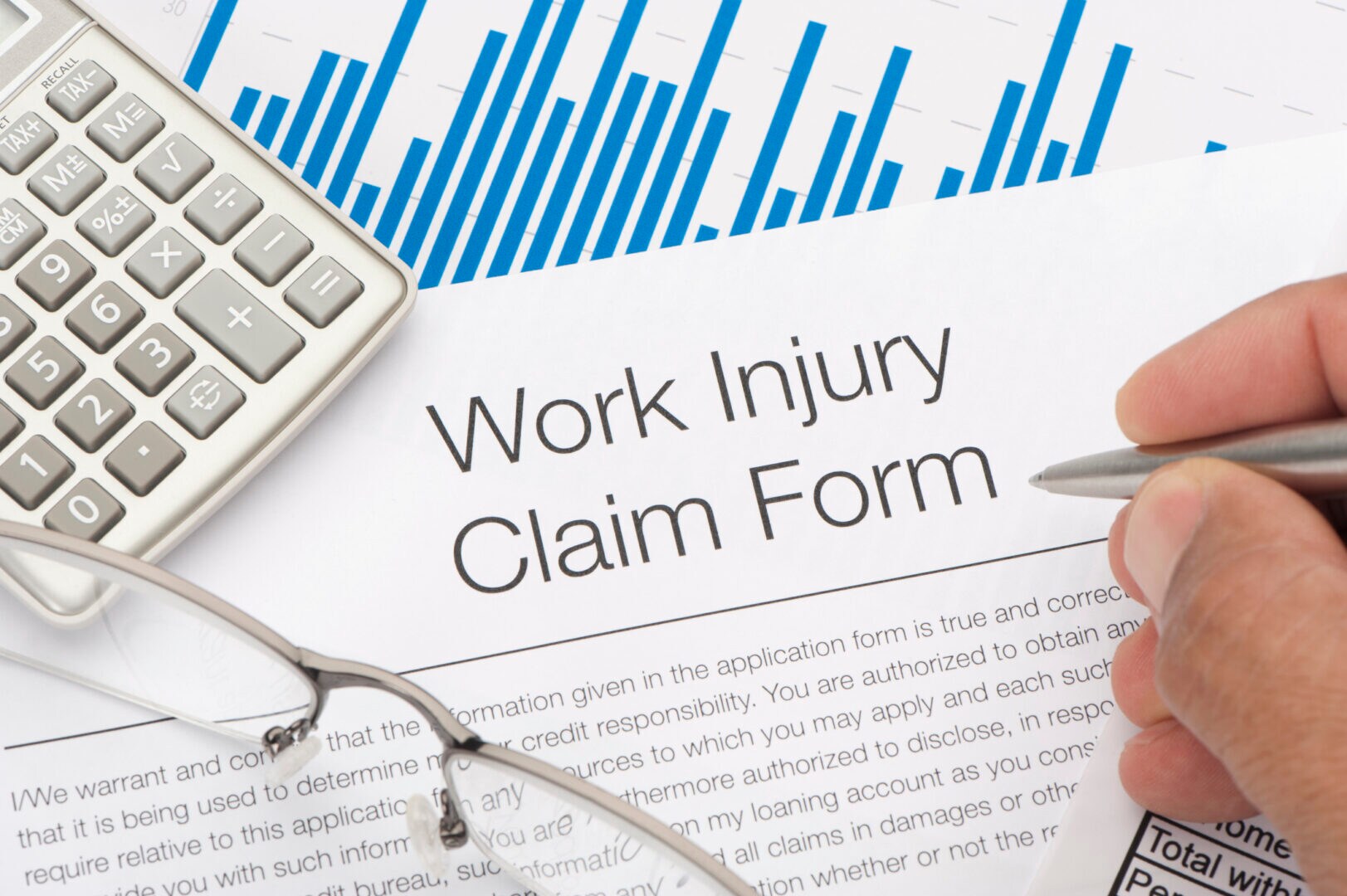In light of a 2018 California Supreme Court ruling clarifying what goes into worker classification, it’s important to understand a commonly overlooked risk that families take when they misclassify a household employee as an independent contractor. What happens if the worker is injured on the job?
The difference between employees and independent contractors
It’s a common misconception that a family can avoid liability by calling their household employee an independent contractor. The truth is, the Department of Labor presumes that a worker is an employee, and this presumption is not overcome by having the worker sign an agreement classifying the worker is an independent contractor.
Instead, the family must prove that the worker is not an employee by demonstrating that specific criteria are met to pass the independent contractor test. The only way to receive a definitive ruling is to submit a Form SS-8 to the IRS. In making the determination, the most significant factor considered is whether the family has control – or the right to control – the worker, the work to be done and the manner and means in which it is performed. If they don’t pass the test and the worker is deemed an employee, the family becomes retroactively responsible for all employment tax requirements.
How an injury while working can uncover a family has misclassified their worker
An on-the-job injury is a common way for a misclassification issue to surface. When the family treats their worker as an independent contractor, workers’ compensation insurance is not available. Without this important coverage, the family can be held liable for the medical expenses and lost wages resulting from the injury.
In most states, the law requires household employers to carry workers’ compensation insurance. In these cases, on top of being liable for their caregiver’s medical bills and lost wages, the family could also be subject to additional fines for failure to have a policy. Layered on top of all the workers’ compensation insurance issues, when it comes to light that the worker is the family’s employee, the family is also hit with back taxes (including the employee’s portion of Social Security and Medicare taxes), plus potential penalties and interest.
Once a family has a full picture of the risks, they almost never choose to take their chances and go the 1099 route. At HomePay, we’re proud to work alongside financial, legal and care professionals to protect families from these common pitfalls. Having focused exclusively on household employment compliance for 30 years, our service and all of our resources are tailored for families and their trusted advisors.
Next Steps:
